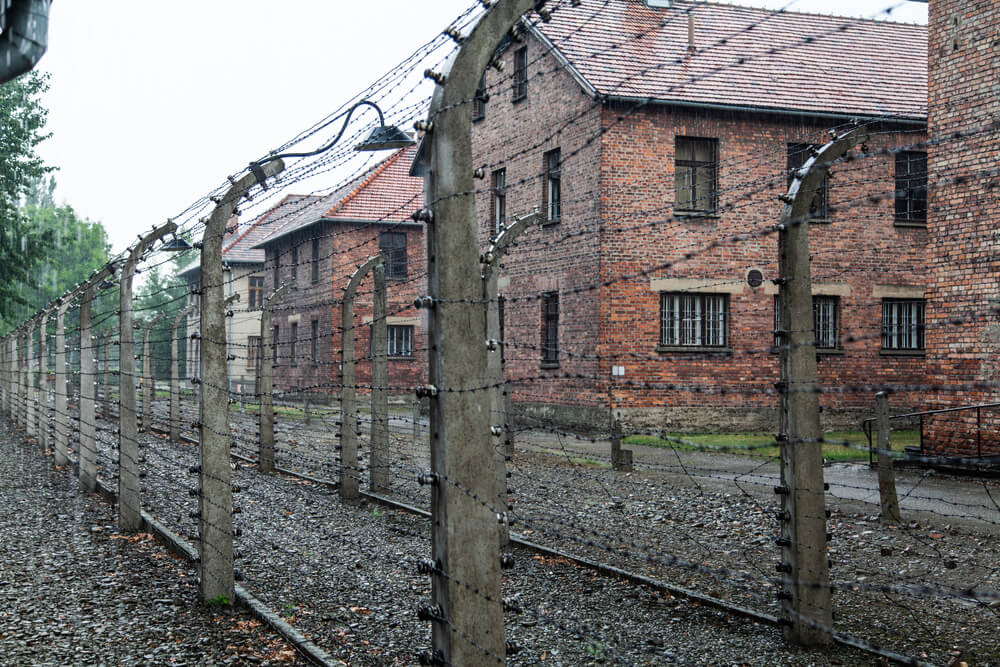Imre Kertész was the most famous Hungarian citizen of the last century, this statement relates to the fact that he was the only person of this nationality to receive a Nobel Prize, yet it is not his own country that has recognized and supported his talent, quite the opposite. Hungary was a heavy burden to this impressive writer, who nevertheless made his misfortune a masterpiece of literature.
Imre Kertész’s universal fame is due to his novel “No Destiny”, considered the most important literary work on the Holocaust, translated into more than 20 languages and adapted into cinema in 2005 by Hungarian director Lajos Koltai, with script written by El kertész himself. It should be noted that Kertész refused to describe this genocide as a holocaust, because he saw it as a means of sanctifying it, rather than denouncing its essence.
- Imre Kertész’s work goes far beyond denouncing the atrocities that have marked a before and after in the world.
- But his work aims to show that World War II was a predictable break with Europe’s highest values.
- And he does it through fun.
- Ironic and moving prose.
- His real life.
- However.
- Is as powerful as his own novel.
- After all.
- Reality sometimes trumps fiction.
“If freedom exists, then destiny cannot exist, so are we our own destiny?-Imre Kertész-
Imre Kertész’s life was marked by painful experiences that began early; He was born on 9 November 1929 in Budapest, Hongrie; He came from a family of non-practicing Jews who were in good financial health; when he was 5 years old, his parents separated. He was later sent to boarding school, where he completed his basic studies.
In 1940 Imre Kertész began high school, coinciding with the early stages of World War II, anti-Semitism already occupied important sectors of Europe and, therefore, the young Kertész was destined for separate classes, in a space for Jews only. Thus, he attended the early years of high school feeling the weight of discrimination.
In 1944, he was deported to the Auschwitz concentration camp. At the time, I was only 14. It is said that he himself did not know what this change meant. The Nazis forced the young Jews to form a long line before handing them out. Imre Kertész spoke a little German and understood that the military was referring to him saying he could be 16 years old.
When asked, not knowing why, he replied that it was his age, that little lie, that impulse that led him to deceive the soldiers, would save his life, since the miners are sent to the gas chamber.
Between 1944 and 1945, Imre Kertész was at Auschwitz and Buchenland, from where he was released after the Allied triumph. The most disturbing thing about his experience is that he was reduced to miserable prisoner status in a concentration camp, without his family or himself practicing Judaism. After this event, he returned to his home country, but none of his relatives had survived.
He then began working as a journalist and graduated from high school, however, he was fired and had to work for several years in a factory, started the Stalinist regime in Hungary and was again discriminated against. Bourgeois? Because of his family’s wealth, which is why the regime has warned him with suspicion and prevention, he was finally able to start working as a translator, which provided him with resources to survive without too much difficulty.
Kertész also composed comedies, commercial texts and other minor texts, but was always a passionate writer. In 1975, he published his great novel “Sem Destino”, which had no repercussions in his native country. For 20 years, Kertész lived in an apartment of 25 square meters and wrote in a corner of the kitchen. Sometimes he did it at the Luxor café he frequented, too. During these years, he added: “I will always be a second-rate Hungarian writer, ignored and misunderstood. “
In the 1990s, it was rediscovered by German publishers, who appreciated the great value of their work. His recognition then increased with the achievement of several international awards. After the fall of communist rule in Hungary, Imre Kertész became more prolific and gained greater comfort.
In 2002 he was awarded the Nobel Prize in Literature, something that partially made up of all his suffering. He died on 31 March 2016 in Budapest.
A little lie saved and changed Imre Kertész’s life. Before long, our lives can take a totally unexpected turn. When we heard stories of Holocaust survivors, we were surprised at how some people managed to survive so many atrocities. not only did he survive the Holocaust, but he also faced new difficulties under a different regime.
His origin has always been judged, regardless of who was in power. It wasn’t easy to start as a writer, but Kertész didn’t give up and used the most powerful weapon he knew: the word.

